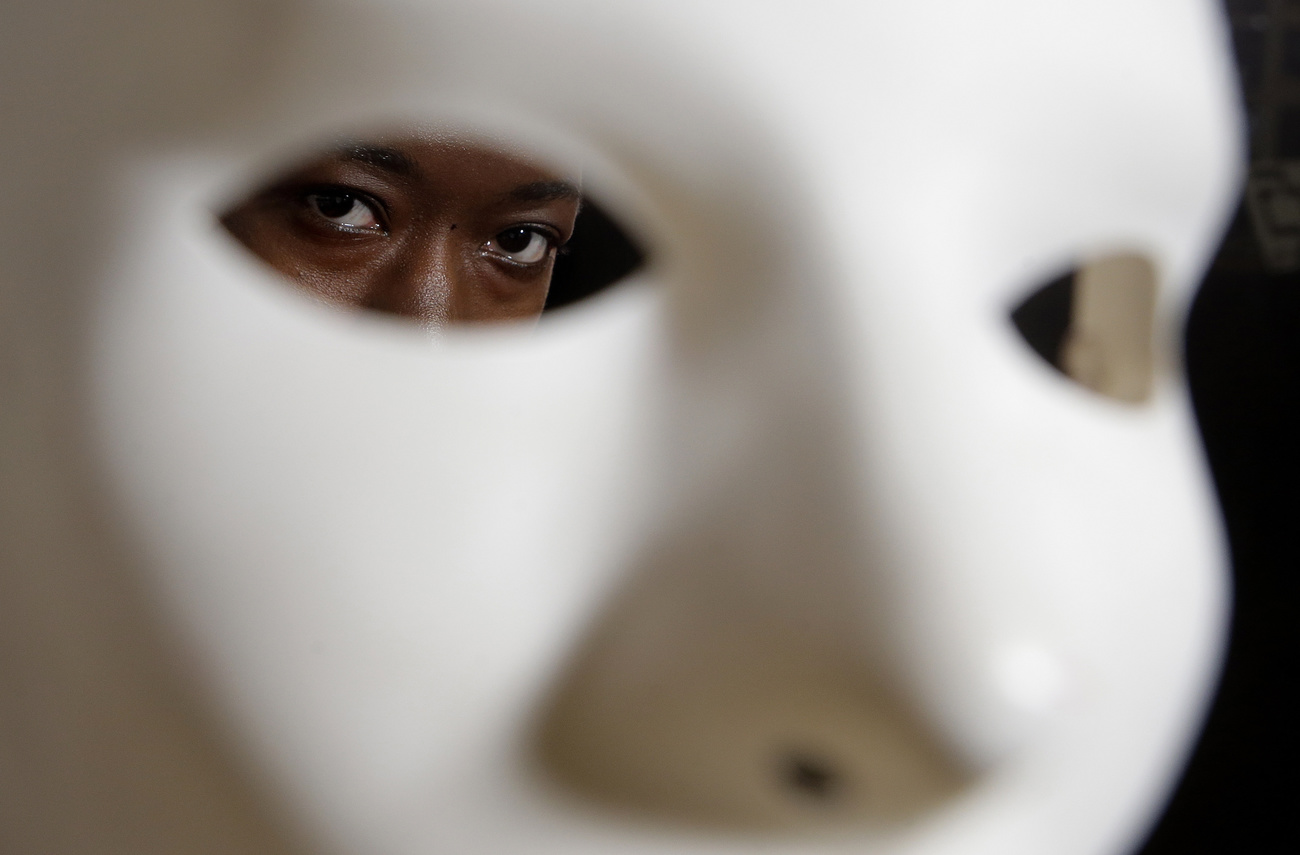
Swiss police recruit more ‘super recognisers’ to identify criminals

Police have recruited six so-called "super recognisers” in the eastern Swiss city of St Gallen to help them identify criminals.
Some people have the ability to instantly identify a face that they have only seen once in their life. This talent, which goes beyond that of machines, has attracted the attention of the St Gallen police.
+ Will Switzerland distance itself from the EU on mass surveillance?
Six people were chosen, after extensive testing, for the first pilot project of this scale in Switzerland. Everyone has exceptional facial recognition talent. They are able to recognise a hooded person in the middle of a moving crowd and with a restricted field of vision.
“I recently had a case, during a knife fight. When I arrived at the scene and saw one of the people present, I was able to call him by name. I remembered seeing him out a few years ago. I can even tell where it was,” one super recogniser, who works for the St Gallen police, told Swiss public broadcaster RTS.
Law enforcement is particularly interested in these capabilities because they offer several advantages over a machine. For Meike Ramon, director of the Facial Recognition Laboratory at the University of Lausanne, humans are always better because of their flexibility in using the information received.
“Unlike some traditional detection software, we do not necessarily need to have two eyes, a nose and a mouth to be able to recognise a face,” Ramon said. “So if you take your phone and zoom in, you’ll see that it recognises that there’s a face only in some cases, but not in others,” she added.
Another advantage of the human eye over technology is that it poses fewer legal problems. “If we use algorithms, we are directly confronted with data protection law,” says Stefan Kühne, head of the St Gallen criminal police. “But if we use human resources, whether for the presumption of innocence or guilt, we don’t have this problem.”
The St Gallen authorities should decide at the end of the year whether these super recognisers will permanently join the police.

More
Winterthur police hires first Swiss ‘super recogniser’
This news story has been written and carefully fact-checked by an external editorial team. At SWI swissinfo.ch we select the most relevant news for an international audience and use automatic translation tools such as DeepL to translate it into English. Providing you with automatically translated news gives us the time to write more in-depth articles. You can find them here.
If you want to know more about how we work, have a look here, and if you have feedback on this news story please write to english@swissinfo.ch.

In compliance with the JTI standards
More: SWI swissinfo.ch certified by the Journalism Trust Initiative






























You can find an overview of ongoing debates with our journalists here . Please join us!
If you want to start a conversation about a topic raised in this article or want to report factual errors, email us at english@swissinfo.ch.